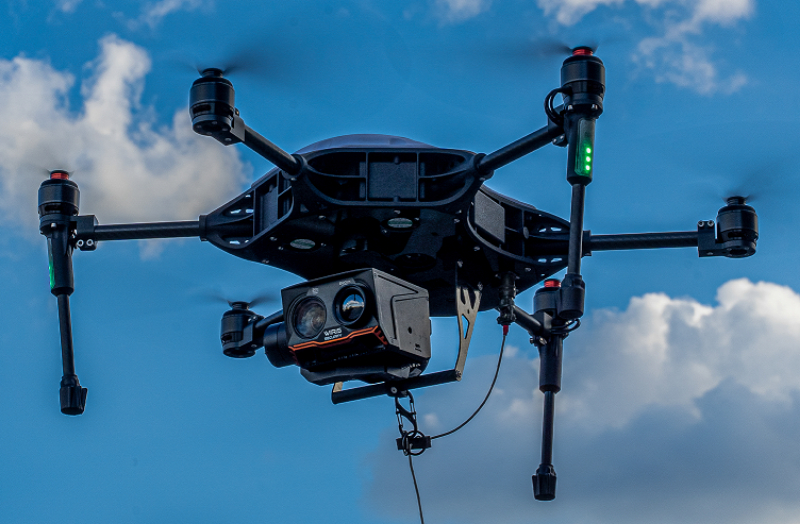Contents
Images References :
Vaccinations play a vital role in protecting individuals and communities from infectious diseases. Herd immunity, also known as community immunity, is achieved when a large proportion of a population becomes immune to a specific disease, making it difficult for the disease to spread. Vaccination is the most effective way to achieve herd immunity.
When a person is vaccinated, their immune system is stimulated to produce antibodies that protect them from the disease. If a vaccinated person is exposed to the disease, their immune system can quickly recognize and fight it off. This prevents the person from getting sick and spreading the disease to others.
Herd immunity is important because it helps to protect vulnerable populations, such as young children, the elderly, and people with weakened immune systems, who may not be able to be vaccinated or may not respond well to vaccination.
Importance of vaccination for herd immunity
Vaccination is the most effective way to achieve herd immunity, which protects vulnerable populations and helps to prevent outbreaks of disease.
- Protects vulnerable populations
Herd immunity is important for protecting people who cannot be vaccinated, such as young children, the elderly, and people with weakened immune systems.
Protects vulnerable populations
Vaccination is particularly important for protecting vulnerable populations, such as young children, the elderly, and people with weakened immune systems. These populations may not be able to be vaccinated or may not respond well to vaccination. Herd immunity helps to protect these vulnerable populations by reducing the likelihood that they will be exposed to the disease.
For example, young children are not typically vaccinated against measles until they are 12 months old. However, herd immunity can help to protect young children from measles by reducing the likelihood that they will come into contact with someone who is infected with the disease.
Similarly, the elderly and people with weakened immune systems may not be able to respond well to vaccination. However, herd immunity can help to protect these populations by reducing the likelihood that they will be exposed to the disease.
Herd immunity is important for protecting everyone in the community, including vulnerable populations. Vaccination is the most effective way to achieve herd immunity.
In addition to protecting vulnerable populations, herd immunity also helps to prevent outbreaks of disease. When a large proportion of the population is immune to a disease, it is more difficult for the disease to spread. This can help to prevent outbreaks of disease, which can be particularly harmful to vulnerable populations.
FAQ
Here are some frequently asked questions about the importance of vaccination for herd immunity:
Question 1: What is herd immunity?
Answer: Herd immunity, also known as community immunity, is achieved when a large proportion of a population becomes immune to a specific disease, making it difficult for the disease to spread.
Question 2: How is herd immunity achieved?
Answer: Herd immunity is achieved through vaccination. When a person is vaccinated, their immune system is stimulated to produce antibodies that protect them from the disease. If a vaccinated person is exposed to the disease, their immune system can quickly recognize and fight it off, preventing them from getting sick and spreading the disease to others.
Question 3: Why is herd immunity important?
Answer: Herd immunity is important because it helps to protect vulnerable populations, such as young children, the elderly, and people with weakened immune systems, who may not be able to be vaccinated or may not respond well to vaccination. Herd immunity also helps to prevent outbreaks of disease.
Question 4: What are some examples of diseases that can be prevented by herd immunity?
Answer: Some examples of diseases that can be prevented by herd immunity include measles, mumps, rubella, polio, and tetanus.
Question 5: Is it safe to get vaccinated?
Answer: Yes, vaccines are safe. Vaccines have been extensively tested and proven to be safe and effective. The benefits of vaccination far outweigh the risks.
Question 6: Where can I get vaccinated?
Answer: You can get vaccinated at your doctor’s office, a local health clinic, or a pharmacy.
Closing Paragraph for FAQ:
Vaccination is the most effective way to achieve herd immunity and protect yourself and your community from disease. If you have any questions about vaccination, please talk to your doctor.
In addition to vaccination, there are other things you can do to help protect yourself and your community from disease, such as washing your hands frequently, covering your mouth and nose when you cough or sneeze, and staying home when you are sick.
Tips
Here are some tips for helping to achieve herd immunity and protect yourself and your community from disease:
Get vaccinated. Vaccination is the most effective way to achieve herd immunity. If you are not vaccinated, talk to your doctor about getting vaccinated.
Wash your hands frequently. Washing your hands frequently with soap and water is one of the best ways to prevent the spread of disease. Wash your hands before eating, after using the bathroom, and after coughing or sneezing.
Cover your mouth and nose when you cough or sneeze. When you cough or sneeze, cover your mouth and nose with a tissue or your elbow. This helps to prevent the spread of germs.
Stay home when you are sick. If you are sick, stay home from work or school to avoid spreading your illness to others.
Closing Paragraph for Tips:
By following these tips, you can help to protect yourself and your community from disease. Remember, vaccination is the most effective way to achieve herd immunity and prevent outbreaks of disease.
Vaccination is a safe and effective way to protect yourself and your community from disease. If you have any questions about vaccination, please talk to your doctor.
Conclusion
Vaccination is the most effective way to achieve herd immunity and protect yourself and your community from disease. Herd immunity is important because it helps to protect vulnerable populations, such as young children, the elderly, and people with weakened immune systems, who may not be able to be vaccinated or may not respond well to vaccination. Herd immunity also helps to prevent outbreaks of disease.
By getting vaccinated, you are not only protecting yourself from disease, but you are also helping to protect your community. Vaccination is a safe and effective way to prevent disease and protect the health of yourself and your loved ones.



